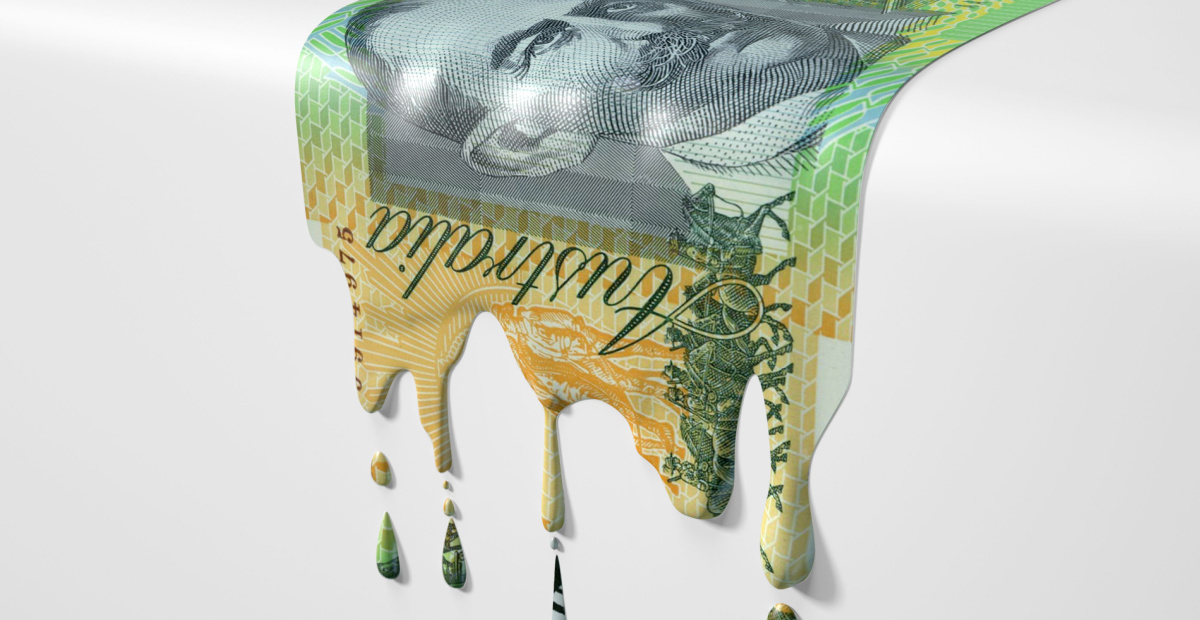Using super for home deposits could cost Aussie taxpayers $1tr: SMC

A proposal to allow Australians to use the entirety of their super for home deposits has been deemed “economically reckless” by a peak superannuation body, with economic modelling estimating a cumulative cost of more than $1 trillion over coming decades.
“The cost is significant… reinforcing the economic recklessness of such a policy proposal,” wrote the Super Members Council (SMC), the profit-to-member superannuation sector’s peak body, which commissioned the independent modelling from Deloitte.
The estimated $1 trillion budget hole is based on modelling (calculated to the year 2100) that shows that pension costs would climb exponentially in the coming decades as first home buyers begin to retire with substantially less accumulated super in their accounts. This, ultimately, would force them to rely more heavily on the taxpayer-funded age pension.
“To meet the rising Budget costs, future Governments may have to increase taxes or cut services to offset the extra fiscal pressure created by the bigger age pension outlays,” the SMC wrote.
A Senate inquiry interim report, published today, has proposed three expansion options for the current funds withdrawal proposal. Deloitte modelled two of these proposals: the first would enable first homebuyers to access up to $50,000 from their superannuation or 40% of their balance; the second, an uncapped proposal, would enable first homebuyers to withdraw the entirety of their super balances.
At its peak, the capped super for a house policy would, it was estimated, cost taxpayers an extra $8 billion each year, and cumulatively upwards of $300 billion in coming decades; uncapped, it would cost taxpayers an extra $25 billion each year, and cumulatively upwards of $1 trillion.
The proposal is being pushed by members of the Federal Coalition, with a number of Coalition Senators seeking to go beyond a 2022 proposal to permit withdrawals of up to $50,000.
“It’s economically reckless. It sets a policy trap for young Australians because it hikes house prices and blows a Budget black hole in the decades ahead mostly by pushing up age pension costs – which every taxpayer would pay,” SMC chief executive Misha Schubert wrote in a statement.
“Ideas to break the seal on super just leave people with less savings in retirement and a bigger bill for all taxpayers.”
She added: “We all desperately want more Australians to own their own home, but this idea won’t achieve that. It’s unfair to lump the next generations of Australians with a policy that would only make the housing affordability crisis worse by driving up house prices.”
Further, previous modelling by the SMC showed that such a policy would simply raise capital city house prices by $75,000.
The SMC added: “[This builds] a strong and credible evidence base showing the policy will not achieve its objective, and will only drive up house prices, leave Australians poorer at retirement, and lump all taxpayers with a future bloated age pension bill.”












Politicians and governments are the stupidest people on the planet. Every first home owners scheme is a provision of more capital. Any year 9 or 10 high school student doing commerce, not even economics, will explain ….. When there is a limitation on supply of a good and demand increases the price will go up. It’s the supply of houses and units that are the problem, not the supply of capital to buy them.
Further we then nobble their super for their entire retirement.
I can’t imagine a more idiotic policy than this one.
If they really want to get house prices under control then leave interest rates higher for longer (yes I know the RBA is theoretically independent). Hugely unpopular, quite painful for all of us, but over the longer term high prices will become more reasonable and more in line with global property values. This is likely the only alternative as I can’t see massive amounts of supply coming coming on. We are limited by an incredibly strong NIMBY mindset, council over reach, excessive and expensive regulations, lack of building materials, lack of land where it’s needed, no infrastructure and jobs where we have land, lack of trade skills and too many government taxes.
None of the solutions are cheap nor easy but we need to give our younger citizens a chance. Chasing them out of large cities is a catastrophic long term strategy for the nation as a whole and our entire society, everybody loses, including those with a property already.
Murdering young peoples super and driving up house prices even more is certainly not in anyone’s best interests.
Agree that this will just drive prices higher however any solution in the short to medium term needs to look at limiting immigration as well.
It seems the sun rising in the morning drives houses price up in Australia, so what’s the difference if 30-year-olds get access to $30-40K
I disagree, home ownership is the cornerstone to successful retirement. Though your points are noble they won’t ever happen. And house prices seem to defy gravity regardless of what economic disaster geological events befalls Australia. I have kids in their early thirties, taking $30K out now to qualify for first home buyers (where the home value is capped at $700-750K) would be a game changer as a once only and they have time to rebuild account balances – Rember if you think preservation age will stay at 60 your dreaming, I’ve told my kids to expect 65!
The sooner first home buyers own their own home the better – I had to scrape and loan funds to buy my first home – and I am very thankful I did – If accessing super is the difference between owning your own home or not – I’d go for it. Once you own your own home you will enjoy tax free capital gains. You could also require funds taken from super to be paid back with interest. I’d rather pay a loan back to my super than have a larger loan with the bank.